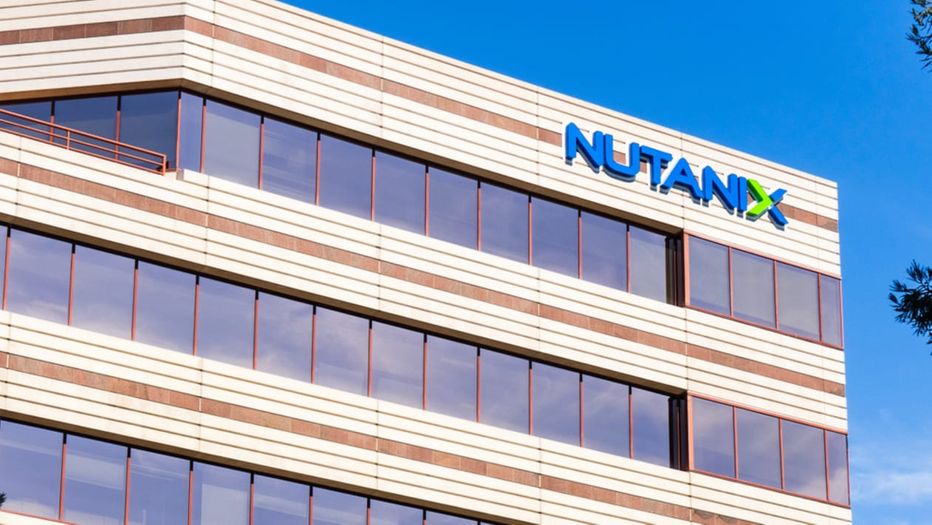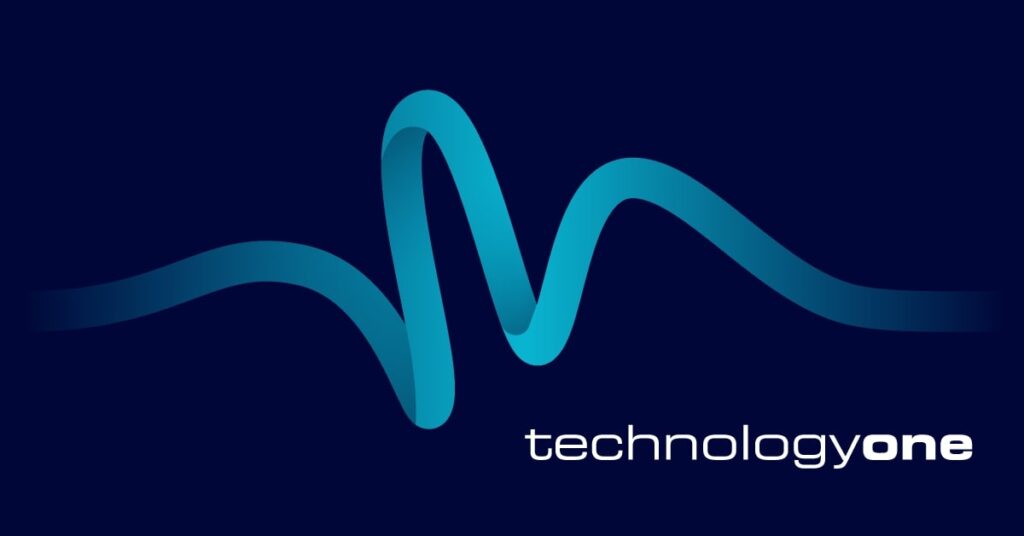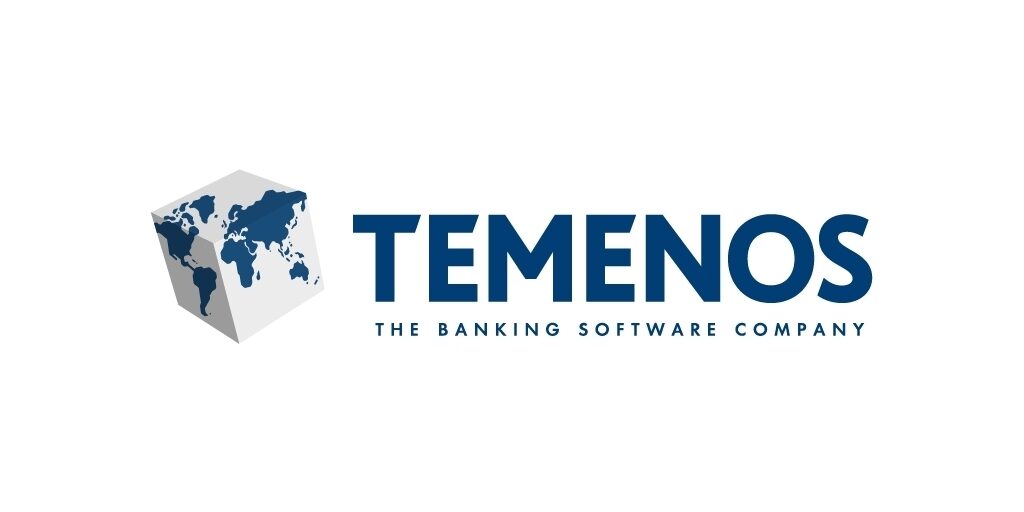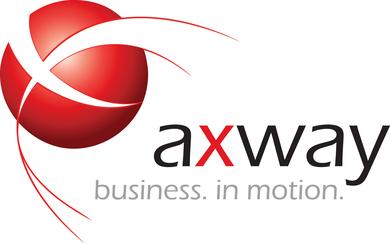Appian Corporation – Developer Of Cloud Computing As Well As Enterprise Software.
After the internet, cloud computing is one of the best technology that is most beneficial for every business. The very technology has reduced the hectic work of managing the storage for the businesses and just buying some subscriptions, the data is readily available for every user of the data through the cloud. Hence, the technology is now adopted by almost every company in the world that deals with data and the internet. To process the data on the cloud, some software is required. This software helps the companies manage, deploy and access the data on the cloud. Appian Corporation is one of the leading software development companies known for its enterprise cloud software development. Appian creates software that helps other organisations to build applications for mobiles, desktops, and even the cloud on their own. The company has been in the business for over twenty years and has become a prominent name in the cloud software industry.
About Appian Corporation
Appian Corporation is the developer of cloud computing as well as enterprise software. The company was founded in 1999, and the team of founders included Michael Beckley, Matt Calkins, Robert Kramer, and Marc Wilson. The company headquarters is based in McLean, Virginia, United States, and apart from that, the Appian Corporation has its offices in fifteen different locations globally. The company is home to over 1500 employees, and according to the 2021 FY report, it made annual revenues worth $369.3 Million. The company is known for its low-code automation platform and has developed multiple apps for its customers.
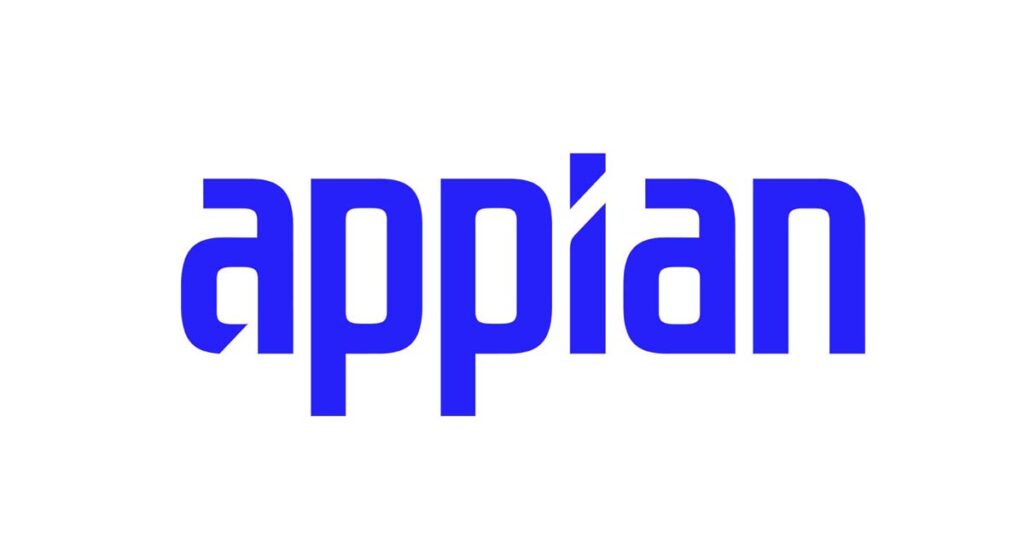
Founding Appian Corporation
Michael Beckley, Robert Kramer, Marc Wilson, and Matthew Calkin founded Appian in 1999. The idea behind the company was to gather talented people and use their knowledge and skills to get amazing results. This way, Appian was established to offer its employees the liberty to make their decisions to fulfill the company goals most innovatively. It was Calkin’s idea to build such a company, and other co-founders joined in later to found the company.
The company introduced its first product, a web-based enterprise information service for the US army, named Army Knowledge Online, in 2001. The very service was also regarded as “the world’s largest intranet” at that time.
The downturn of the economy during 2008 affected Appian too, but the leaders working for the success of the company had made a plan B for the company too. This time, Appian brainstormed over the concept of building software that would reduce most of the work for the organizations. So the company built a platform based on the “low-code technique”, which would allow the organizations to create their software on their own, without being a tech geek. The platform was a hit, as it was secure and could be used on any device, mobile, desktop as well as on the cloud.
The success of Appian’s new software platform brought it more success and investments. In 2014, New Enterprise Associates invested a sum of $37.5 million in Appian. In May 2017, the company went public on NASDAQ and started to trade with the ticker name APPN. With the release of Appian AI, the company introduced the integration of Artificial Intelligence to its platform in 2019. In the following years, Appian also made some acquisitions, including Novayre Solutions SL and Lana Labs.
Today, Appian offers its software services to industries like Automotive, Education, Finance, Government, Healthcare, Insurance, Life Sciences, Retail, Telecom, Transportation, etc. In fact, with the rise of the Covid-19 pandemic, Appian launched apps that helped businesses with their work, like tracking the workforce’s health and safety, helping companies reopen their offices, and helping banks manage Paycheck Protection Programloan applications, etc. This way, those apps helped businesses to continue their work during the pandemic.
The CEO at Appian Corporation
Matt Calkins is one of the founders and the CEO of Appian. He is an Economics graduate from Dartmouth College. In fact, he was the topper of his class. In 1994, he joined MicroStrategy as the Director of Enterprise Product Group and left the company in 1999 to found Appian. Matt has been the CEO of Appian from the very beginning and has led the company to be the leading enterprise software developer. He is also known as the author of several award-winning board games.

Yashica is a Software Engineer turned Content Writer, who loves to write on social causes and expertise in writing technical stuff. She loves to watch movies and explore new places. She believes that you need to live once before you die. So experimenting with her life and career choices, she is trying to live her life to the fullest.
